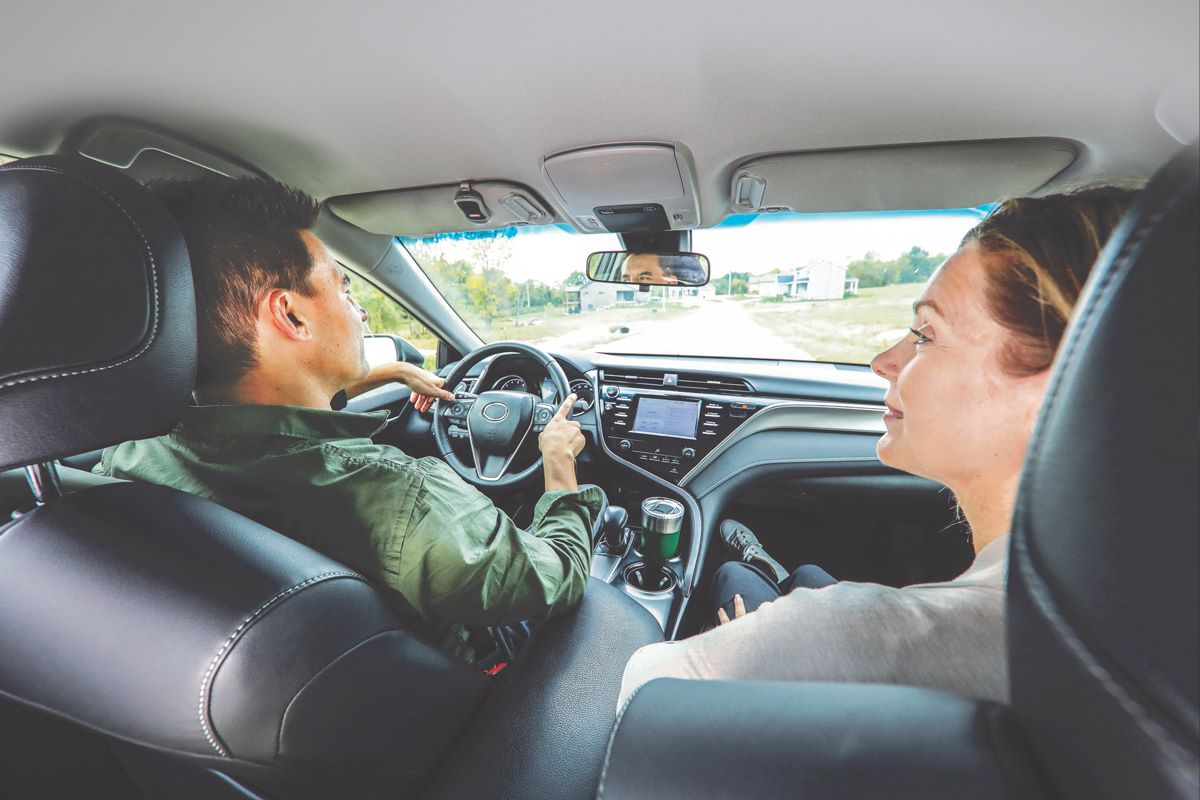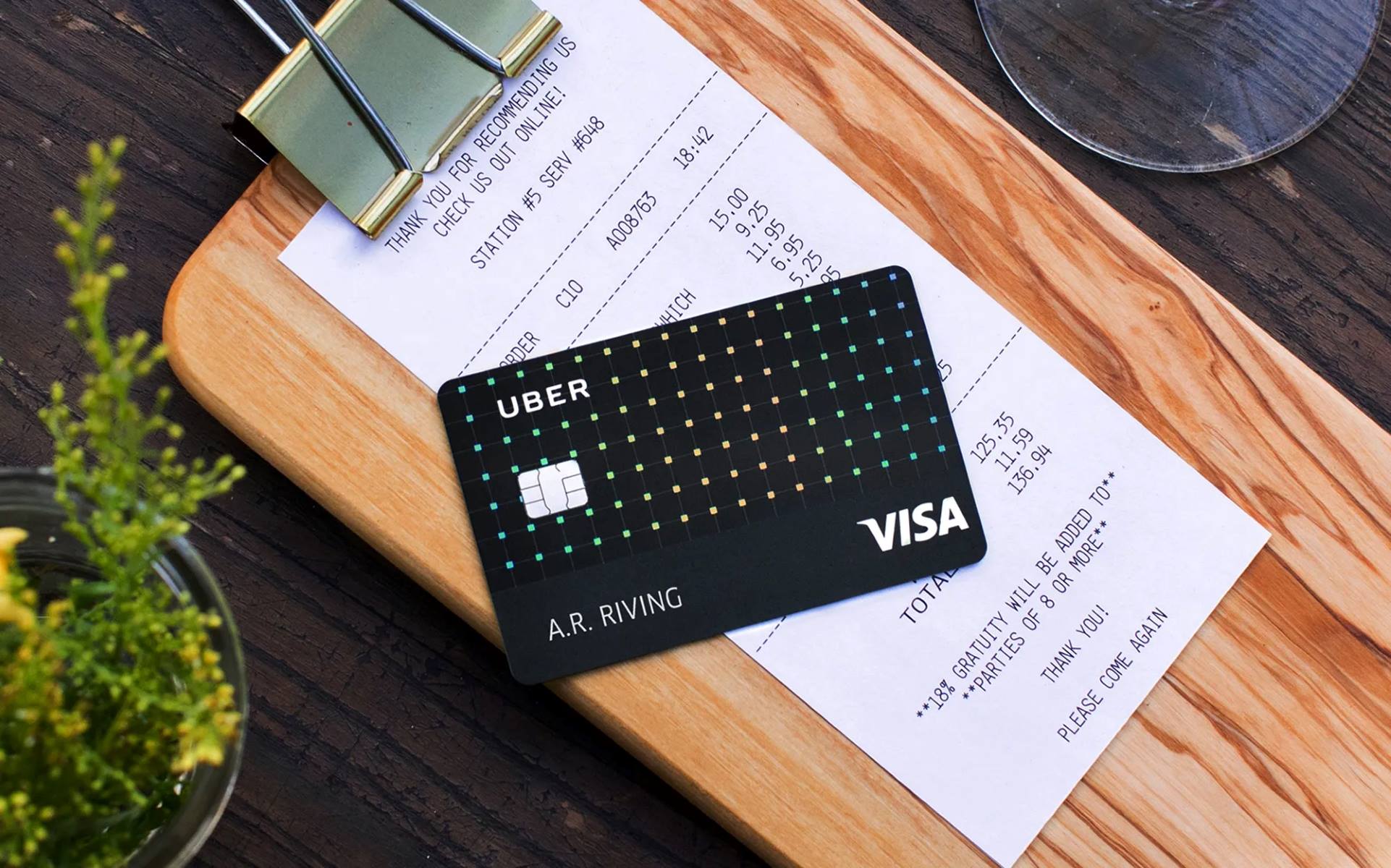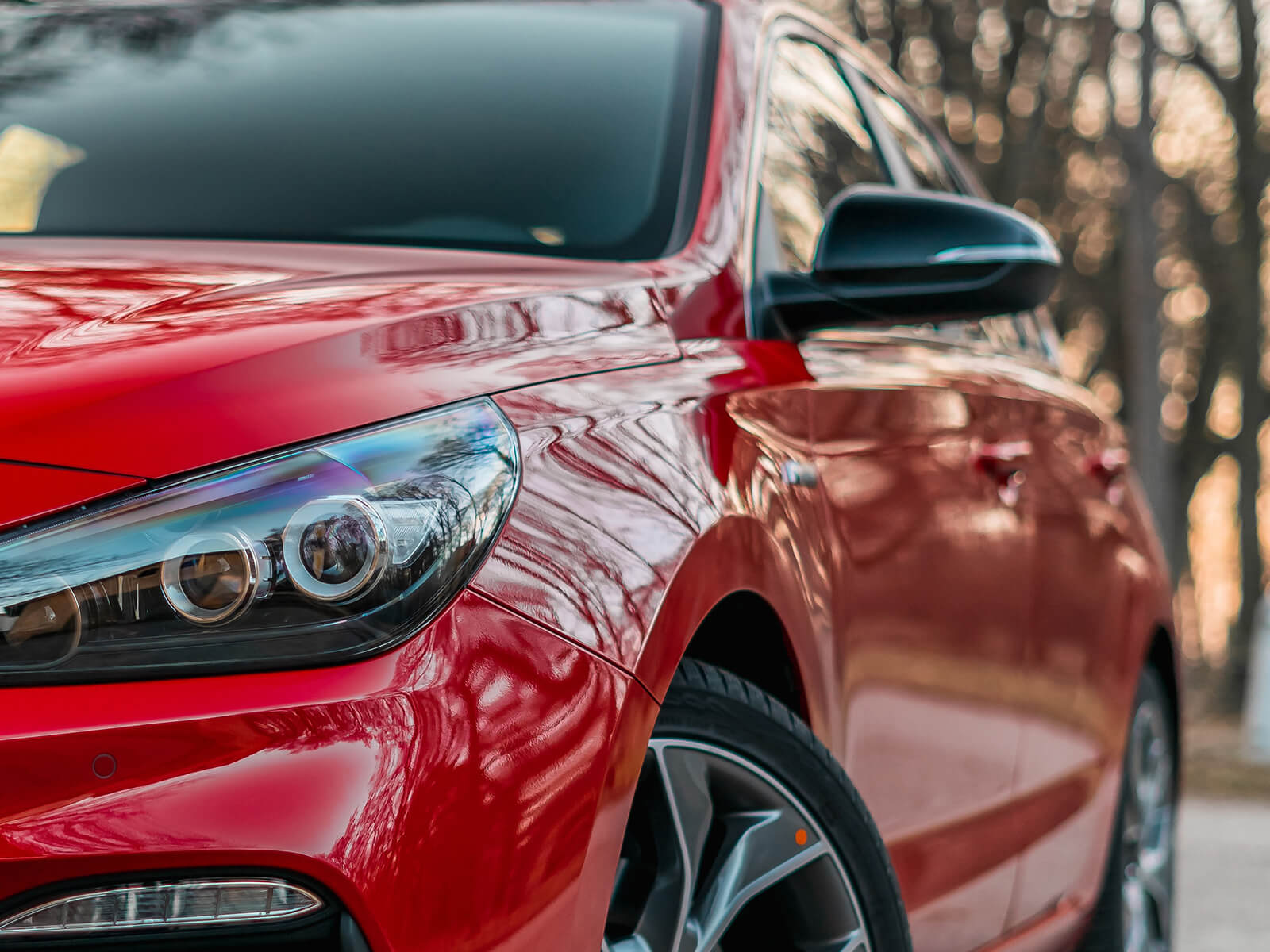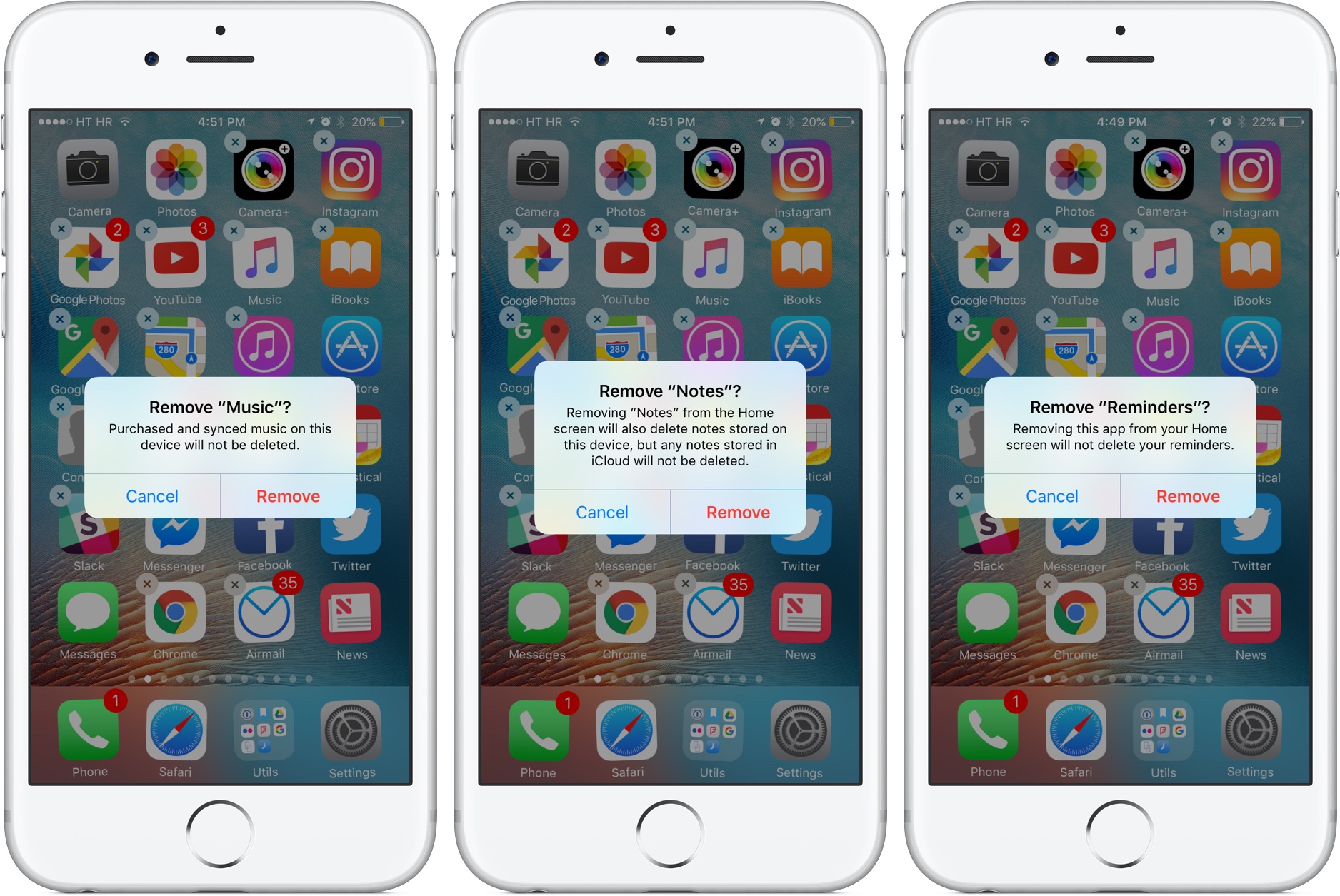Home>Finance>How Much Will My Insurance Go Up If I Drive For Uber?


Finance
How Much Will My Insurance Go Up If I Drive For Uber?
Published: November 6, 2023
Calculate the impact of driving for Uber on your insurance rates. Discover how much your premiums could increase with our comprehensive finance guide.
(Many of the links in this article redirect to a specific reviewed product. Your purchase of these products through affiliate links helps to generate commission for LiveWell, at no extra cost. Learn more)
Table of Contents
- Introduction
- Understanding the Impact of Driving for Uber on Insurance Rates
- Factors that Determine Insurance Rate Increases
- How Insurance Companies View Ridesharing Services
- Average Insurance Rate Increases for Uber Drivers
- Steps to Minimize Insurance Rate Increases
- The Importance of Proper Coverage for Uber Drivers
- Conclusion
Introduction
Driving for Uber has become a popular way to earn extra money or even full-time income. However, many people who are considering becoming Uber drivers often wonder about the impact it will have on their car insurance rates. Will their insurance go up? And if so, by how much?
The answer to these questions can vary depending on various factors, including your location, driving history, and the insurance company you’re with. Understanding the impact of driving for Uber on your insurance rates is crucial to avoid any surprises and ensure you have the right coverage.
In this article, we will explore the factors that determine insurance rate increases for Uber drivers, how insurance companies view ridesharing services, and steps you can take to minimize insurance rate hikes. We’ll also emphasize the importance of having proper coverage as an Uber driver to protect yourself, your passengers, and your vehicle.
Whether you’re an existing Uber driver or thinking about joining the platform, having a clear understanding of how driving for Uber affects your insurance rates will empower you to make informed decisions and protect your financial well-being.
Understanding the Impact of Driving for Uber on Insurance Rates
When you start driving for Uber, your insurance rates can be affected for several reasons. Firstly, you’ll be using your vehicle for commercial purposes, which typically requires a different type of insurance policy. Personal auto insurance policies may not provide coverage when you’re using your vehicle for ridesharing services like Uber.
Most traditional auto insurance policies exclude coverage when you’re engaging in commercial activities with your vehicle. This means that if you’re involved in an accident while driving for Uber, your personal auto insurance may not cover the damages and injuries. As a result, your insurance company may consider your policy voided or deny your claim.
To adequately protect yourself and your passengers while driving for Uber, you’ll need to have commercial or hybrid insurance coverage that includes ridesharing activities. These policies are specifically designed to provide coverage when you’re using your vehicle for both personal and commercial purposes. Some insurance companies even offer policies specifically tailored for rideshare drivers.
It’s important to note that you’ll need to inform your insurance company about your intention to drive for Uber. Failing to disclose this information can have serious consequences, including policy cancellation or denial of coverage. Make sure to contact your insurer and inquire about their policies regarding rideshare coverage to ensure you’re properly protected.
Additionally, driving for Uber means spending more time on the road and potentially increasing your chances of being involved in an accident. Insurance companies take into consideration various risk factors when calculating premiums, including your driving record, the area you drive in, and the number of miles you drive annually.
When you become an Uber driver, insurance companies may adjust your rates to reflect the increased risk associated with ridesharing. The extent of the rate increase will depend on your individual circumstances and the policies of your insurance provider.
It’s important to understand that the impact on your insurance rates can vary significantly depending on your location. Insurance regulations and requirements for rideshare drivers differ from state to state. Some jurisdictions have implemented laws that specifically address insurance coverage for rideshare drivers, while others may still lack clear guidelines.
Now that we’ve discussed the general impact of driving for Uber on insurance rates, let’s delve into the specific factors that determine how much your rates will increase.
Factors that Determine Insurance Rate Increases
Several factors come into play when insurance companies determine the rate increases for Uber drivers. Understanding these factors can give you a clearer picture of how your premiums might change once you start driving for Uber.
1. Location: Insurance rates are heavily influenced by where you live. Some areas have higher accident rates or more congested traffic, which increases the likelihood of accidents. If you live in an urban area with a higher population density, you may experience a higher rate increase compared to someone in a rural area.
2. Driving History: Insurance companies assess your driving record to determine the level of risk you present. If you have a history of accidents or traffic violations, you may face higher rate increases compared to drivers with clean records. Safe driving habits and a clean driving record can help mitigate potential rate hikes.
3. Vehicle Type: The type of vehicle you drive can also impact your insurance rates. Insurance companies consider factors such as the age, make, and model of your vehicle when calculating premiums. Certain vehicles may be more expensive to repair or more prone to accidents, resulting in higher rates.
4. Annual Mileage: The number of miles you drive annually can affect your insurance rates. As an Uber driver, you’ll likely be logging more miles on your vehicle compared to someone who only uses their car for personal use. Insurance companies may adjust your rates accordingly to account for the increased risk associated with higher mileage.
5. Type of Coverage: The level of coverage you choose can also impact your rates. In addition to personal auto insurance, Uber drivers are required to have additional coverage when transporting passengers. This additional coverage, usually provided by Uber’s commercial insurance policy, may have its own cost that can contribute to higher premiums.
6. Insurance Provider: Each insurance company has its own policies and approach when it comes to rates for rideshare drivers. Some companies offer specialized rideshare insurance options, while others may have different underwriting guidelines. It’s important to shop around and compare quotes from different insurers to find the best coverage and rates for your situation.
By considering these factors, you can have a better understanding of how your insurance rates may be impacted when you start driving for Uber. However, it’s important to note that insurance rate increases can vary significantly depending on individual circumstances and specific insurer policies.
How Insurance Companies View Ridesharing Services
The rise of ridesharing services like Uber has presented unique challenges for insurance companies. Initially, insurance companies were hesitant to provide coverage for rideshare drivers due to the grey area surrounding their activities. However, with the growing popularity and widespread adoption of services like Uber, insurance companies have had to adapt their policies to accommodate rideshare drivers.
Most traditional personal auto insurance policies exclude coverage for commercial activities, which includes driving for a ridesharing service. This means that if you’re involved in an accident while driving for Uber, you may not be covered by your personal auto insurance policy. This gap in coverage prompted insurance companies to develop specialized rideshare insurance policies or endorse existing policies to cover Uber drivers during rideshare activities.
Insurance companies generally view ridesharing activities as a higher risk compared to personal usage. The increased frequency of driving, longer periods behind the wheel, and potential exposure to unfamiliar areas can all contribute to this higher perceived risk.
Furthermore, insurance companies consider the potential liability associated with transporting passengers for hire. Since rideshare drivers are essentially providing a commercial service, the risk of accidents and injuries is elevated. Therefore, insurance companies may adjust their rates accordingly to reflect the increased risk exposure of rideshare drivers.
It’s crucial for rideshare drivers to inform their insurance company about their intentions to drive for Uber. Failing to disclose this information can result in voided coverage or denied claims. Many insurers now offer rideshare endorsements that provide coverage during rideshare activities, bridging the coverage gap between personal auto insurance and commercial insurance.
It’s worth noting that insurance requirements for rideshare drivers may vary by state or jurisdiction. Some states have implemented legislation specifically addressing insurance coverage for rideshare drivers, while others rely on insurance policies offered by ridesharing companies like Uber. As an Uber driver, it’s your responsibility to familiarize yourself with the local regulations and ensure you have the appropriate coverage in place.
Insurance companies’ views on ridesharing services have evolved over time, and many now recognize the need to provide coverage for rideshare drivers. Collaborations between insurance providers and ridesharing companies have led to the development of specialized insurance options designed to meet the unique needs of rideshare drivers.
Ultimately, it’s essential for Uber drivers to understand how insurance companies view ridesharing services and to ensure they have the appropriate coverage in place to protect themselves and their passengers while on the road. Reviewing your insurance policy and discussing your rideshare activities with your insurance provider will help ensure that you are adequately covered.
Average Insurance Rate Increases for Uber Drivers
When it comes to insurance rate increases for Uber drivers, there is no one-size-fits-all answer. The actual rate increase will depend on various factors, including your location, driving history, and the policies of your insurance provider. However, it’s important to have a general understanding of what to expect.
On average, insurance rate increases for Uber drivers can range from 10% to 30% or more. This means that your premiums could potentially increase by a significant amount once you start driving for Uber. The exact percentage increase will depend on the factors mentioned earlier, as well as the specific underwriting guidelines of your insurance company.
Some insurance companies specialize in providing coverage for rideshare drivers and may offer more competitive rates compared to others. It’s recommended to shop around and obtain quotes from multiple insurance providers to ensure you’re getting the best coverage at the most affordable price. Remember that the cheapest option isn’t always the best, as it’s important to consider the level of coverage and customer service provided by the insurance company as well.
The increase in insurance rates for Uber drivers is primarily due to the increased risk associated with ridesharing activities. Insurance companies consider factors such as the additional miles driven, the potential for accidents while transporting passengers, and the potential for more frequent claims.
It’s worth mentioning that insurance companies have become more familiar with the ridesharing industry over time. As the gig economy has grown and the number of rideshare drivers has increased, insurance companies have gained more data and insights into the risks involved. This increased understanding has enabled some insurance providers to develop more specialized policies tailored to the needs of rideshare drivers.
If you’re concerned about the potential increase in insurance rates, there are a few steps you can take to help minimize the impact. Firstly, consider maintaining a clean driving record and practicing safe driving habits. This can help demonstrate to insurance companies that you are a responsible driver and may result in more favorable rates.
Additionally, you can explore options such as usage-based or pay-per-mile insurance, which base premiums on the actual miles driven rather than a flat annual rate. This can be particularly beneficial for rideshare drivers who may not use their vehicles as frequently for personal use.
Lastly, consider taking advantage of any discounts or incentives offered by insurance companies specifically for rideshare drivers. Some insurers may offer discounts or rewards programs that can help offset the rate increase.
Remember, the actual insurance rate increase for Uber drivers will vary depending on a multitude of factors. It’s important to consult with your insurance provider to get an accurate estimate of how your premiums may change once you start driving for Uber.
Steps to Minimize Insurance Rate Increases
While insurance rate increases for Uber drivers are typically inevitable, there are steps you can take to help minimize the impact and potentially lower your premiums. These measures can help you maintain affordable insurance rates while still enjoying the benefits of driving for Uber.
1. Shop around for the best coverage: Take the time to compare quotes and policies from different insurance providers. Look for companies that specialize in rideshare coverage and offer competitive rates for Uber drivers. Don’t settle for the first option you come across; instead, gather multiple quotes to find the best coverage at the most affordable price.
2. Consider a higher deductible: One way to lower your insurance premiums is to opt for a higher deductible. Increasing your deductible means that you’ll be responsible for paying a larger portion of the cost in the event of a claim. However, be sure to choose a deductible amount that you can comfortably afford to pay out of pocket.
3. Practice safe driving: A clean driving record can help you secure more favorable insurance rates. Follow traffic laws, avoid accidents, and maintain a responsible driving behavior. Insurance companies typically offer discounts and rewards for safe drivers, so make it a priority to maintain a good driving record.
4. Consider usage-based or pay-per-mile insurance: If you don’t use your vehicle for personal purposes as frequently, consider exploring usage-based or pay-per-mile insurance options. These policies base premiums on the actual miles you drive or the times you use your vehicle, rather than a traditional flat annual rate.
5. Take advantage of available discounts: Insurance companies often offer various discounts to policyholders. Inquire about discounts specifically designed for rideshare drivers, such as low mileage discounts, safe driver discounts, or programs that reward good driving behavior. These discounts can help offset the rate increase and result in more affordable premiums.
6. Consider additional training: Completing defensive driving courses or driver safety programs can showcase your commitment to safe driving. Some insurance companies offer discounts to drivers who have completed such training. Check with your insurer to see if they offer any discounts for completing approved driving courses.
7. Maintain a good credit score: Some insurance companies consider credit scores when determining premiums. Improving your credit score by managing your finances responsibly can potentially result in lower insurance rates.
Remember, while these steps can help minimize insurance rate increases, it’s important to maintain proper coverage. Cutting corners on coverage to save money can leave you financially vulnerable in the event of an accident. Make sure you have adequate coverage to protect yourself, your passengers, and your vehicle.
By following these steps and staying proactive about managing your insurance coverage, you can navigate the process of minimizing insurance rate increases as an Uber driver. Regularly review your policy, communicate with your insurance provider, and make informed decisions to ensure you’re getting the best rates possible.
The Importance of Proper Coverage for Uber Drivers
Having proper insurance coverage is of utmost importance for Uber drivers. Not only is it a legal requirement in many jurisdictions, but it also provides essential protection in case of accidents or other unforeseen events. Failing to have adequate coverage could leave you financially vulnerable and exposed to potential lawsuits.
1. Personal Protection: As an Uber driver, you are responsible for the safety and well-being of your passengers. Proper insurance coverage ensures that you, your passengers, and your vehicle are protected in the event of an accident. It can provide coverage for medical expenses, property damage, and even legal fees if you are involved in a lawsuit.
2. Protection for Your Vehicle: Your personal auto insurance policy may not cover damages to your vehicle if you are driving for Uber. Investing in the right insurance coverage will ensure that your vehicle is protected from damages that may occur during rideshare activities. This coverage can save you from having to pay out-of-pocket for costly repairs or replacements.
3. Compliance with Rideshare Company Requirements: Uber and other rideshare platforms often require drivers to maintain appropriate insurance coverage. Failing to meet these requirements can result in penalties, deactivation from the platform, or denial of claims. Make sure to understand and comply with the insurance requirements set forth by the rideshare company you are driving for.
4. Peace of Mind: Knowing that you have proper insurance coverage can provide peace of mind while driving for Uber. Accidents and unforeseen events can happen, but having the right coverage in place ensures that you are financially protected and can continue pursuing your earning potential as a rideshare driver without worry.
5. Legal Compliance: Operating as an Uber driver without the appropriate insurance coverage can result in severe legal consequences. In many jurisdictions, driving without proper insurance coverage is illegal and can lead to fines, license suspension, or even criminal charges. It’s essential to familiarize yourself with your local insurance requirements and ensure you are in compliance at all times.
6. Coverage in Liability Disputes: In the event of an accident, liability disputes can arise, leading to potential lawsuits. Proper insurance coverage can protect you from personal liability and provide legal defense if necessary. Without the right coverage, you may be personally responsible for paying damages and legal fees out of pocket, which can be financially devastating.
Remember that personal auto insurance policies are typically not sufficient when driving for Uber. Informing your insurance provider about your intention to drive for Uber and obtaining the necessary commercial or hybrid insurance coverage is crucial. Work closely with your insurance agent or broker to ensure you have the appropriate coverage that aligns with your needs as an Uber driver.
Proper insurance coverage is not an area to cut corners on. It’s an investment in your financial protection and the protection of your passengers and vehicle. By having the right coverage in place, you can drive for Uber with confidence, knowing that you are prepared for any potential risks or situations that may occur while on the road.
Conclusion
Driving for Uber can be a lucrative way to earn income, but it’s important to understand the impact it can have on your insurance rates. By driving for Uber, you are engaging in commercial activities that may not be covered by your personal auto insurance policy. It’s crucial to inform your insurance provider and obtain the necessary coverage to protect yourself, your passengers, and your vehicle.
Insurance rate increases for Uber drivers are influenced by factors such as your location, driving history, and the policies of your insurance company. While the actual rate increase will vary, it’s essential to be prepared for potential increases ranging from 10% to 30% or more.
To minimize insurance rate increases, consider shopping around for the best coverage, maintaining a clean driving record, and exploring options like usage-based or pay-per-mile insurance. Additionally, take advantage of available discounts for rideshare drivers and consider additional training to showcase your commitment to safe driving.
Proper insurance coverage is crucial for Uber drivers to comply with legal requirements, protect themselves and their passengers, and ensure financial security. It provides peace of mind and safeguards against potential liability disputes and costly out-of-pocket expenses.
Remember, the importance of proper coverage cannot be overstated. Take the time to review your insurance policy, communicate with your insurance provider, and make informed decisions to secure the best rates and coverage that aligns with your needs as an Uber driver.
Driving for Uber can be a rewarding experience, but it’s essential to prioritize your safety and financial well-being. By understanding the impact on your insurance rates and taking the necessary steps to minimize increases, you can drive for Uber confidently and enjoy the benefits of this flexible earning opportunity.














